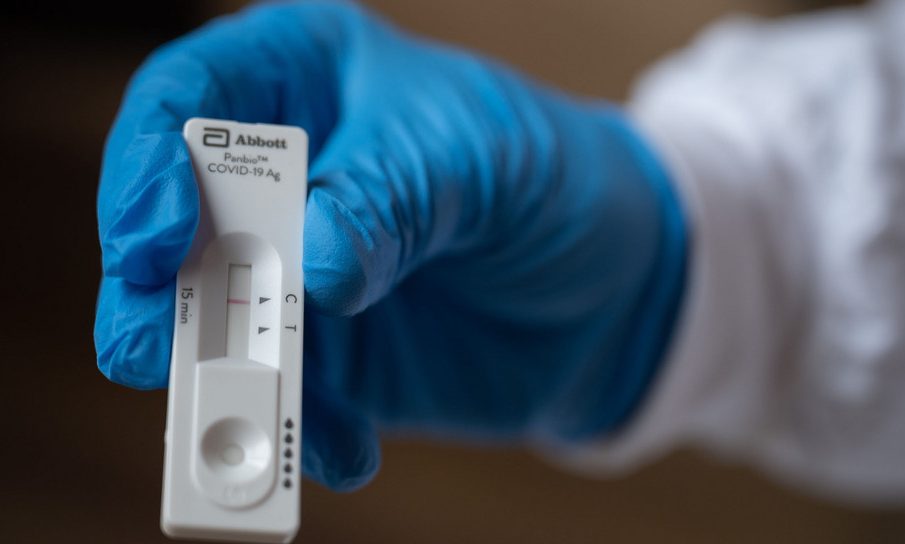The Importance of COVID Testing in Today’s World

Introduction
COVID testing has emerged as a critical tool in managing the ongoing pandemic, providing essential insights into infection rates and helping to control the spread of the virus. With variants continuing to evolve, the relevance of accurate and accessible testing cannot be overstated, particularly as governments and health organisations seek to protect public health while enabling a return to normalcy.
Current Testing Landscape
As of October 2023, many countries are ramping up their COVID testing efforts. The UK Health Security Agency reports that testing remains available through both NHS facilities and private providers, reflecting an ongoing commitment to monitor the virus effectively. With the introduction of the new Omicron variant, which has shown increased transmissibility, testing strategies have adapted accordingly. Health experts recommend regular testing, especially for high-risk populations and during outbreaks.
Types of COVID Tests
There are two primary types of tests available: PCR tests and rapid antigen tests. PCR tests, known for their high accuracy, remain the gold standard, especially for confirming active infections. However, due to the longer turnaround time, rapid antigen tests have gained popularity for their convenience and faster results. Both types of tests play crucial roles in different scenarios, from travel requirements to workplace safety protocols.
Impact on Public Health Strategies
The widespread availability of COVID tests allows for better identification and isolation of positive cases, ultimately preventing further infections. Public health departments are using data from testing to inform strategies, allocate resources, and adjust vaccination campaigns accordingly. The ability to swiftly identify hotspots has proved vital in curbing local outbreaks and protecting vulnerable communities.
Conclusion
In summary, COVID testing remains a cornerstone of public health strategy as the world continues to navigate life amidst the pandemic. As testing technology advances and access improves, it is imperative that individuals remain vigilant in getting tested when showing symptoms or after exposure. The ongoing efforts in testing not only help mitigate immediate health risks but also contribute significantly to the overall management and understanding of COVID-19 in our communities. Looking ahead, the evolution of testing methods will be pivotal in shaping responses to new variants and future pandemics.









